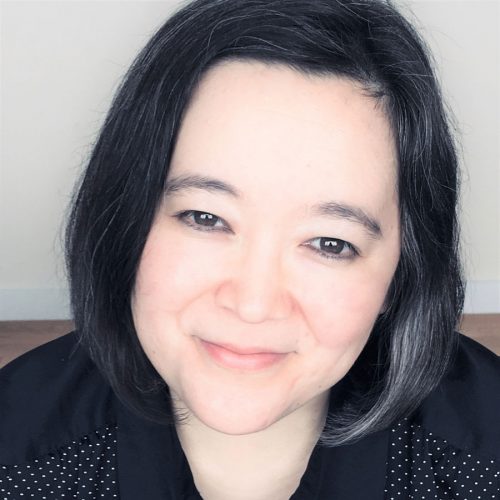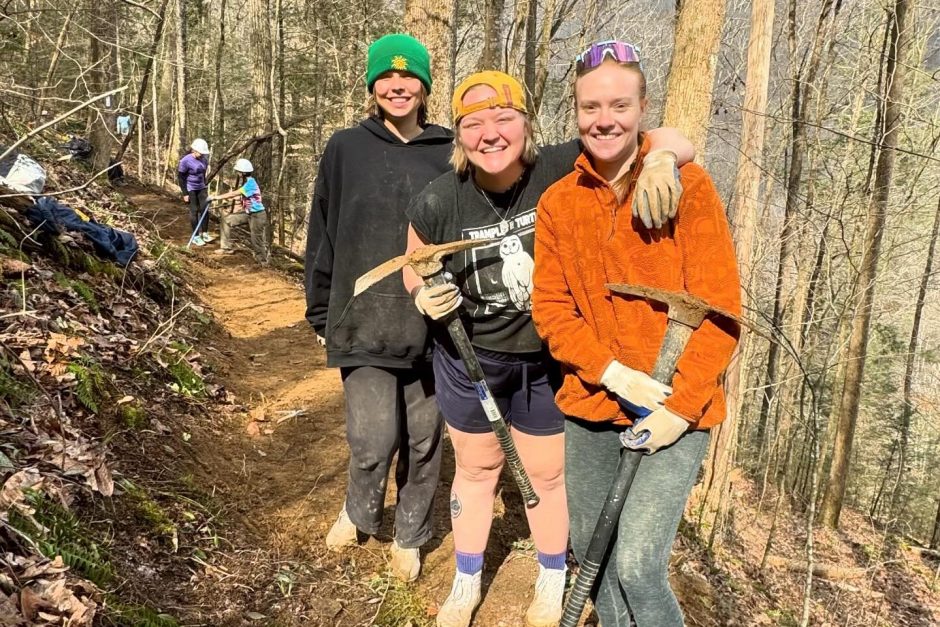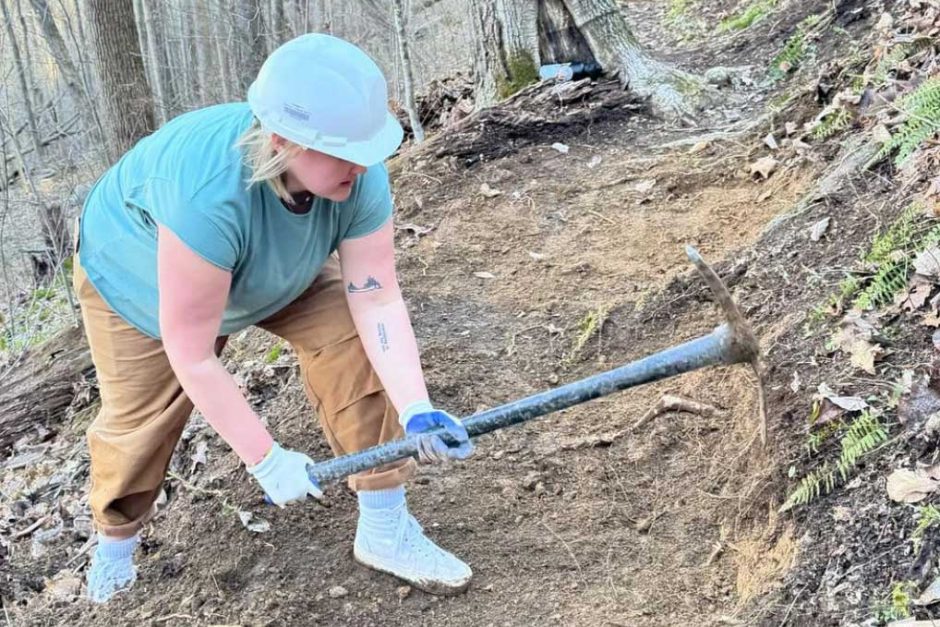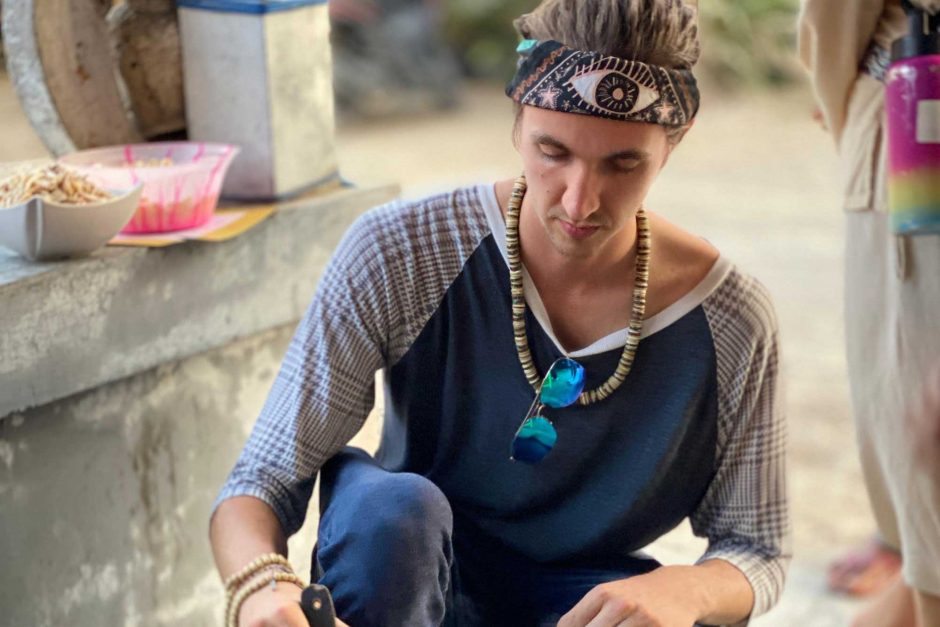Last Word: Hope
My dad’s job relocated us to Riyadh, Saudi Arabia, when I was 5. Shortly after we arrived I tagged along when my dad went grocery shopping. In South Korea, when I did this, shop owners pinched my cheeks and gave me candy. There were no candy treats for me in Riyadh. And there certainly wasn’t any cheek pinching.
 I held my dad’s hand as we walked the store’s aisles. On the shelves packages were covered with black scribbles. I saw in some spots, where there were fewer layers of ink, fragmented images of women and girls. I felt so small. It wasn’t lost on me, even at 5, that marking out females on all these imported goods was vital enough to devote someone’s time. My dad squeezed my hand and told me we’re lucky we’re from a country where there’s separation between government and religion, where extreme ideas don’t dictate people’s lives.
I held my dad’s hand as we walked the store’s aisles. On the shelves packages were covered with black scribbles. I saw in some spots, where there were fewer layers of ink, fragmented images of women and girls. I felt so small. It wasn’t lost on me, even at 5, that marking out females on all these imported goods was vital enough to devote someone’s time. My dad squeezed my hand and told me we’re lucky we’re from a country where there’s separation between government and religion, where extreme ideas don’t dictate people’s lives.
When I was 16 I worked my first summer job at the American Embassy in Nairobi, Kenya, another city my dad’s work took us to. This was before an extremist group bombed the embassy in 1998. It was my first day, and I was covering the phones in the medical unit when a call came in from a consulate in a neighboring country. The doctor on the phone explained that a patient had an ectopic pregnancy and needed to be medevacked for an emergency abortion. My heart racing, my hands shaking, I accidentally lost the call when transferring it. The doctor in our medical unit told me not to worry, called the other doctor back, and the medevac coordination got underway. There was such decisiveness, urgency, and compassion on the phone lines that day.
I think about the juxtaposed treatment of women in these moments—from erasing all women to racing to save a woman’s life. I think about my first philosophy class with Paul Gray, and other philosophy classes at Cornell where we challenged ideas and beliefs, including our own. And I think about how some students dropped these classes because they didn’t want to challenge or question their beliefs.
A hesitancy to question can let the pernicious seeds of extremism take root. Extremism isn’t just a danger happening elsewhere. The storming of the U.S. Capitol. Attacks on people of color. Assaults on protestors. The struggle for human rights and protections. Extremism is happening right here too.
What gives me hope that this country can be the country my dad described to me in that store in Riyadh, when I needed comforting after seeing woman after woman, girl after girl blotted out, is that most of us, for our various reasons, felt compelled to stay in those classes.
Together in those Cornell classes, we tried to understand the world as objectively as we could no matter how uncomfortable it got for us personally.
I keep reminding myself that most of us stayed to challenge ideas and beliefs, that only a few chose not to engage. So long as the scales remain tipped this way, there’s hope.
Deborah S. Prespare ’98 has an MA in writing from Johns Hopkins University, and in her personal time, she writes short stories, dozens of which have appeared in literary journals. She also oversees a statistics function as an associate director at the Federal Reserve Board. She relies on the critical thinking skills she developed while majoring in economics and philosophy at Cornell for this role as well as in her personal writing.



